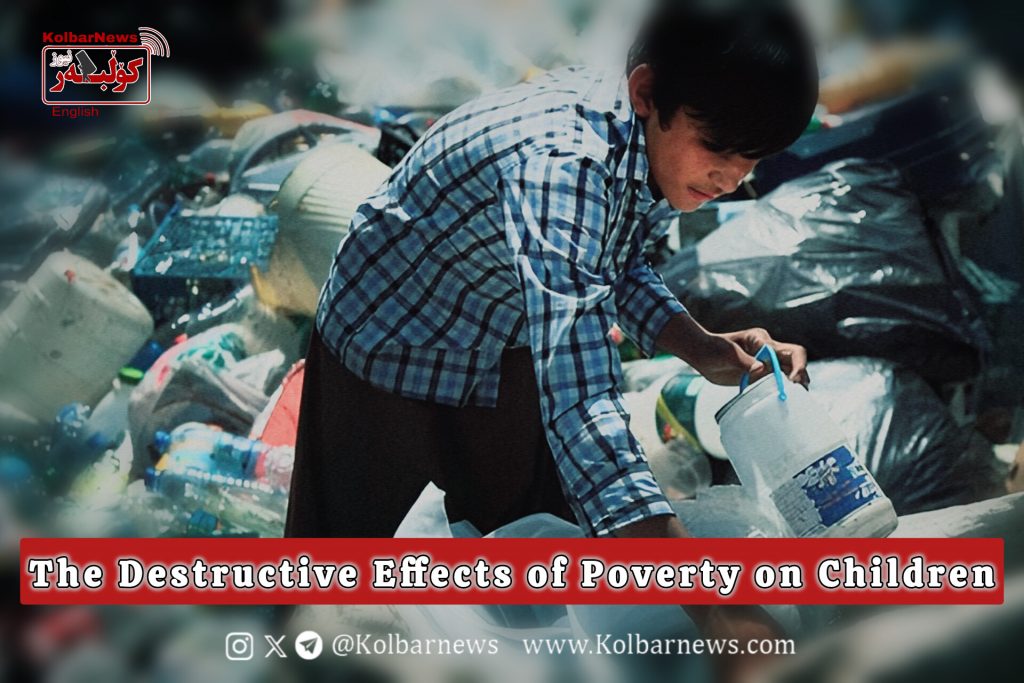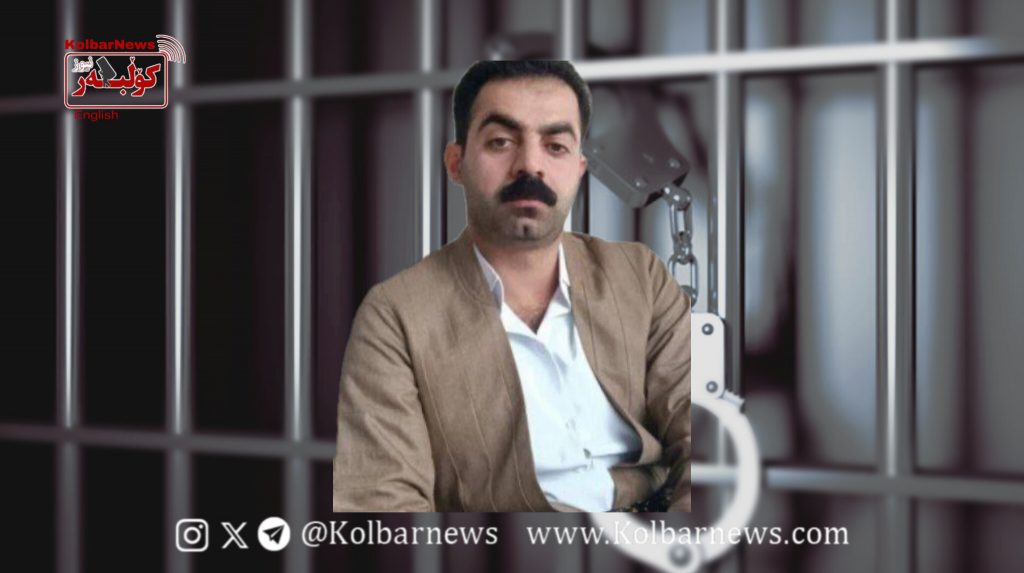
On Saturday, May 17th, Ham-Mihan newspaper published a report titled “38% of Iran’s Children Live Below the Poverty Line.” In the opening paragraphs, quoting an expert, the reporter writes: due to the political and social structures of the country, poverty among low-income families is increasing. Extreme poverty devastates the lives of children before anyone else. Child mortality at young ages, physical disabilities, malnutrition, psychological issues, impaired brain function, violence, and the sale of children and infants are all consequences of this issue, which occurs most often in suburban and underprivileged urban areas. Children in migrant families face devastating poverty.
A study shows that around 23 million people live in environments they are effectively trapped in. One of the common phenomena in these areas is the buying and selling of girls like commodities. A form of this human trafficking is forcing young girls into early marriage.
The report points to the role of the government, widespread corruption, a mafia-like economy, and inequality in Iran. One expert tells the reporter: “Considering that workers in workshops with fewer than 10 employees are excluded from labor laws, the spread of precarious employment, labor outsourcing companies, and the astronomical salaries of managers on one hand, and the expansion and deepening of poverty on the other, we can conclude that gross inequality in Iran must have surpassed 90%.”
He believes that if social or housing policies are inadequate, workers cannot afford decent housing with minimum wages. Therefore, the government is obliged to reduce class disparities by implementing social policies and redistributing tax revenues. He continues, “If we can’t change this approach, there will be nothing we can do for the children or the working class in the future.” According to this expert, first-generation workers in informal settlements had insurance; in the second generation, some had insurance; and in the third generation, none have insurance.
Poverty is one of the serious issues that has profound effects on children’s lives around the world, including in Iran under the rule of the Islamic Republic. Children, as the most vulnerable group in society, bear the brunt of the economic and social consequences of poverty. Impoverished children in Iran face malnutrition and a lack of essential nutrients. According to health organizations, iron, vitamin D, and protein deficiencies are common among children in deprived areas. These issues weaken the immune system, stunt growth, and impair brain development.
Moreover, inadequate access to clean drinking water and sanitation facilities increases the risk of infectious diseases. A World Health Organization report on the effects of poverty in early childhood points out that “poverty affects children’s physical health during a time when 80% of the human brain develops in the first three years of life.” This scientific fact highlights the deprivation of most children in poor families, who are typically from the working and laboring classes. Worse still, poverty leads to high mortality rates in these families.
For years, the leaders of the Islamic government have futilely tried to force women to have more children to raise the population to 150 million. But in practice, by making the working and poor people even poorer, they are moving in the opposite direction of this policy.
The Islamic Republic is a backward capitalist regime. The considerable wealth generated from the exploitation of labor, extraction of underground resources, and taxes is either stolen or wasted in various ways. Under such a regime, children of working-class families do not have the proper environment to grow; they will not enjoy peace and comfort; they will have very limited opportunities to study, engage in arts, have fun, or develop their creativity. In a regime that has plunged 70% of its citizens into absolute or relative poverty, and that is internally divided but united only in suppressing dissent, there is no hope for improving the condition of children.
Improving the situation for children will only be possible by overthrowing the Islamic Republic and establishing a government run by workers, laborers, and their allies.

